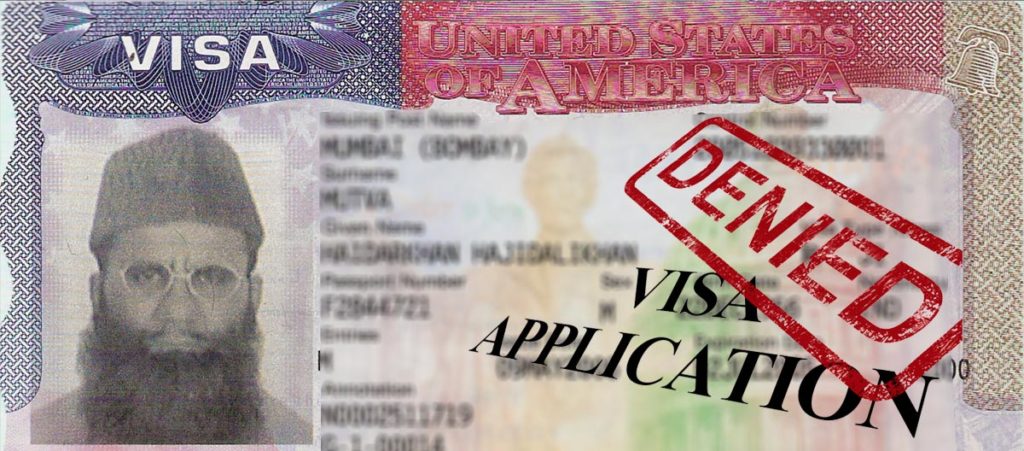
Consular officers at U.S. embassies around the world have started more intensive vetting of some visa applicants, including asking for their social media handles, in an effort to block potential terrorists and other national security threats from entering the country.
Under a supplemental questionnaire that came into use May 25, both visitors and would-be immigrants to the United States may be given a new, supplemental questionnaire probing for more detailed information.
The questionnaire, approved two days earlier by the Office of Management and Budget, was rolled out as a temporary, "emergency" measure in response to President Donald Trump's March 6 memo mandating enhanced visa screening. During his campaign, Trump called for "extreme vetting" of foreigners seeking to come to the United States.
The new, tougher scrutiny is authorized to remain in effect through November, but it is expected to be updated and made permanent.
The three-page supplemental questionnaire asks applicants for their passport numbers and travel history over the past 15 years, including the source of funding for any trips. The intention is to identify applicants who spent time in areas controlled by terrorist groups such as the Islamic State or al Qaida.
The questionnaire also requests 15 years of employment history and residential addresses, as well as the names of all spouses or partners, whether living or deceased. The information already was requested but not for so far back in time. In one of the more controversial questions, applicants are asked for their user names on all social media accounts they have used in the last five years.
Though responding is voluntary and "not necessarily" a rationale for visa denial, the questionnaire advises that not providing answers could cause a delay in processing.
The additional questions will not be asked of all applicants, just those who consular officers determine merit a more "rigorous" evaluation. The State Department estimates that about 65,000 of 13 million visa applicants every year could be subjected to the extra scrutiny.
The new set of questions prompted considerable criticism during a public comment period before being approved May 23.
The American Civil Liberties Union, for example, sent a nine-page letter urging the questionnaire be rejected. It called the questions overly broad and burdensome, and said questions on social media use would intrude not only on the privacy and freedom of speech for applicants, but for any U.S. citizens with whom they are in contact. The letter also said the extra vetting of social media accounts won't keep dangerous people out.
"Those who are actually engaged in terrorism will simply take additional steps to hide their communications, making this information collection ineffective," said the letter signed by Faiz Shakir, the ACLU's national political director.
Betsy Lawrence, head of government relations for the American Immigration Lawyers Association, said the information requested in the new questionnaire can be difficult to document, and it is easy to make a simple error that could create a false suspicion of fraud. She said it is likely to discourage many applicants with justifiable reasons to visit the United States, such as business people, students and tourists.
"Certainly, national security is incredibly important," Lawrence said. "But there are already screening protocols in place, and we have seen significant delays for legitimate travel to the United States for family or work purposes. This might create even greater barriers for people."


 Contact The Editor
Contact The Editor
 Articles By This Author
Articles By This Author